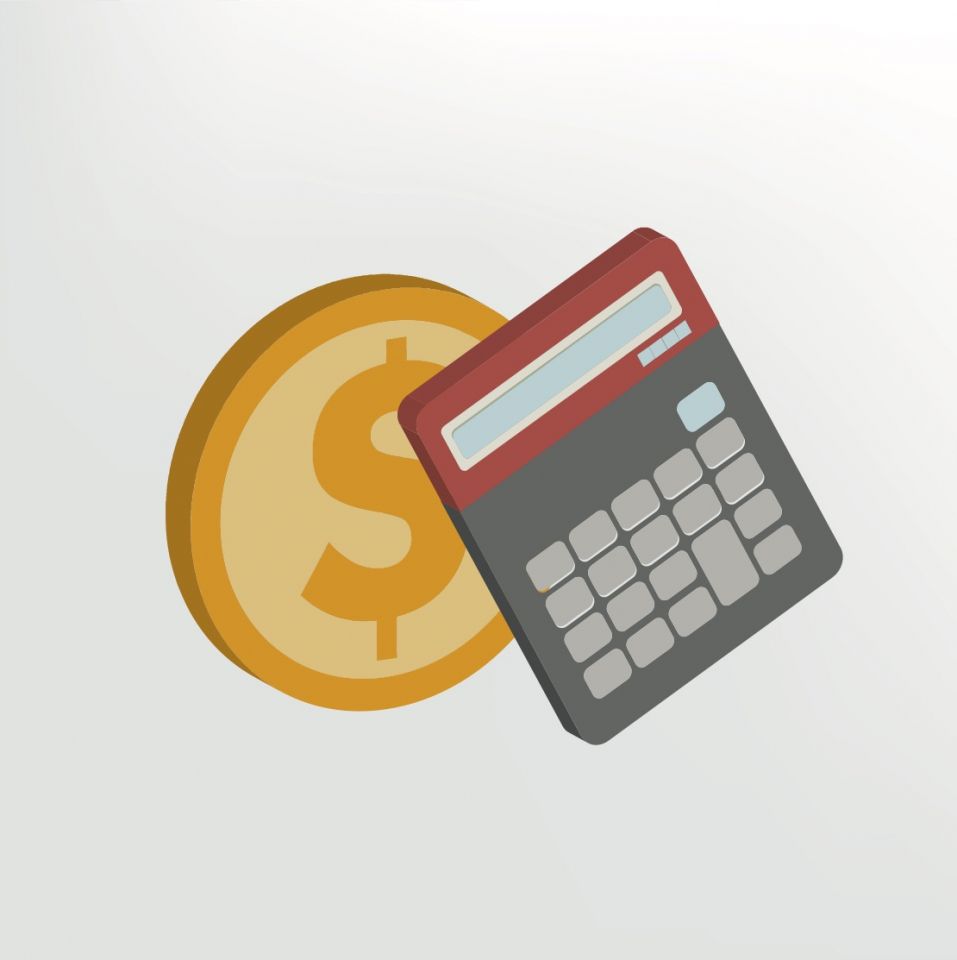What is a debtor collection period?

A debtor collection period is the amount of time it takes to collect all trade debts. The smaller the amount of time it takes to collect these debts, the more efficient a company will seem to be. A longer period indicates problematic trade debtors or less overall efficiency.
Key takeaways
-
Debtor collection period measures the time needed to collect all trade debts, with shorter periods indicating greater company efficiency.
-
For businesses offering two months' free credit, experts recommend a collection period of 90 days or less for optimal performance.
-
The debtor collection period ratio is calculated by dividing trade debtor amounts by yearly credit sales and multiplying by 365.
-
Companies offering loans or credit establish expected collection periods including repayment duration, number of payments, and payment amounts.
-
Lower collection periods are more favorable as they indicate faster payment collection rates and better overall business efficiency.
Where have you heard about debtor collection periods?
When offering loans or credit, most companies will have an idea of the expected debtor collection period – how long they will give customers to repay their debts, how many payments it will take and how much each payment should be.
What you need to know about debtor collection periods.
If a business gives two months' free credit then most experts agree that the collection period should be 90 days or less. This period represents the time it takes from when a credit transaction takes place to when credit payment is made and received. On average, a lower debtor collection period is seen as more positive than a high debtor collection period as it means that a company is collecting payment at a faster rate. The debtor collection period ratio is calculated by dividing the sum owed by a trade debtor to the yearly sales on credit and multiplying it by 365.
Find out more about debtor collection periods.
If you are interested in debtor collection periods, look at our page on cash flow.